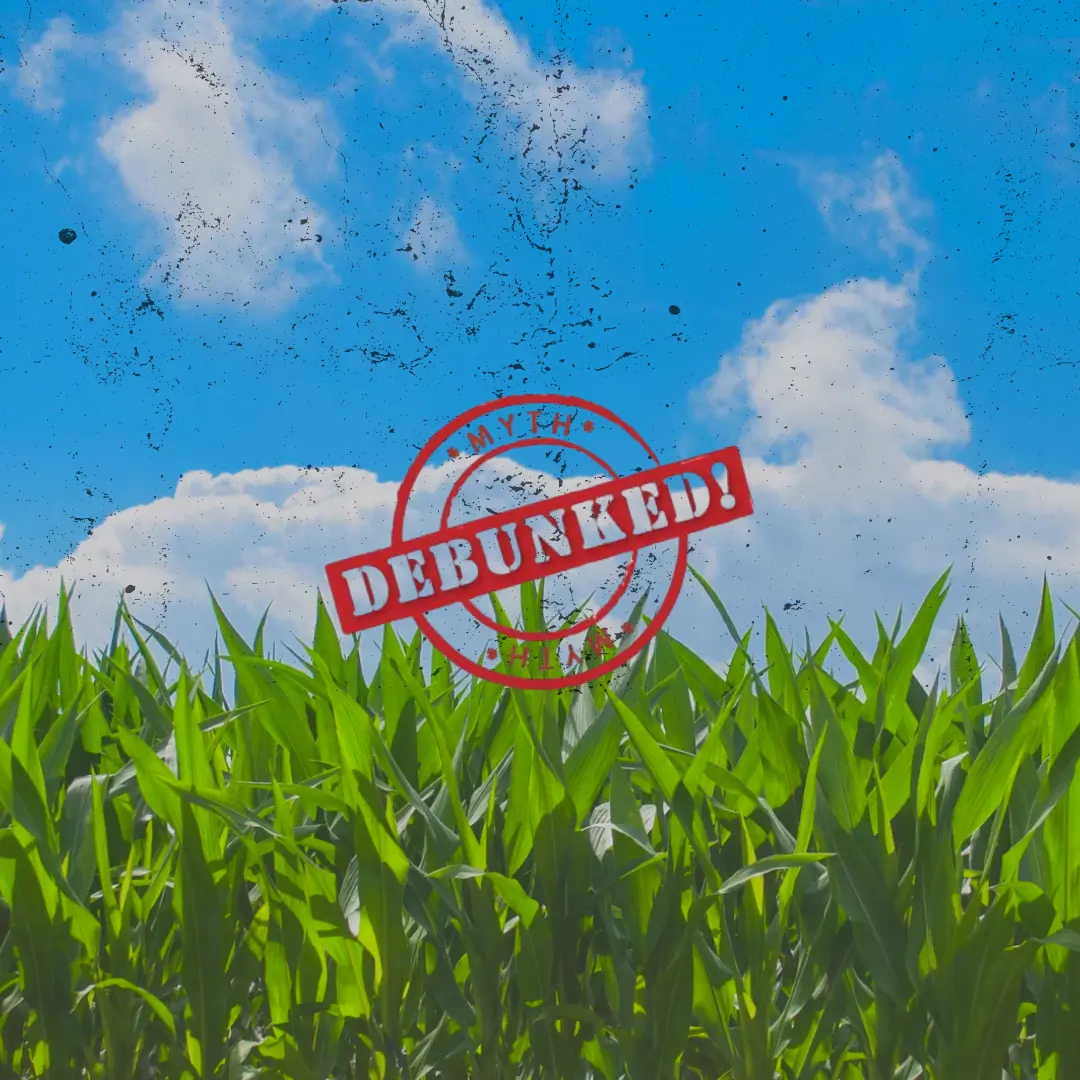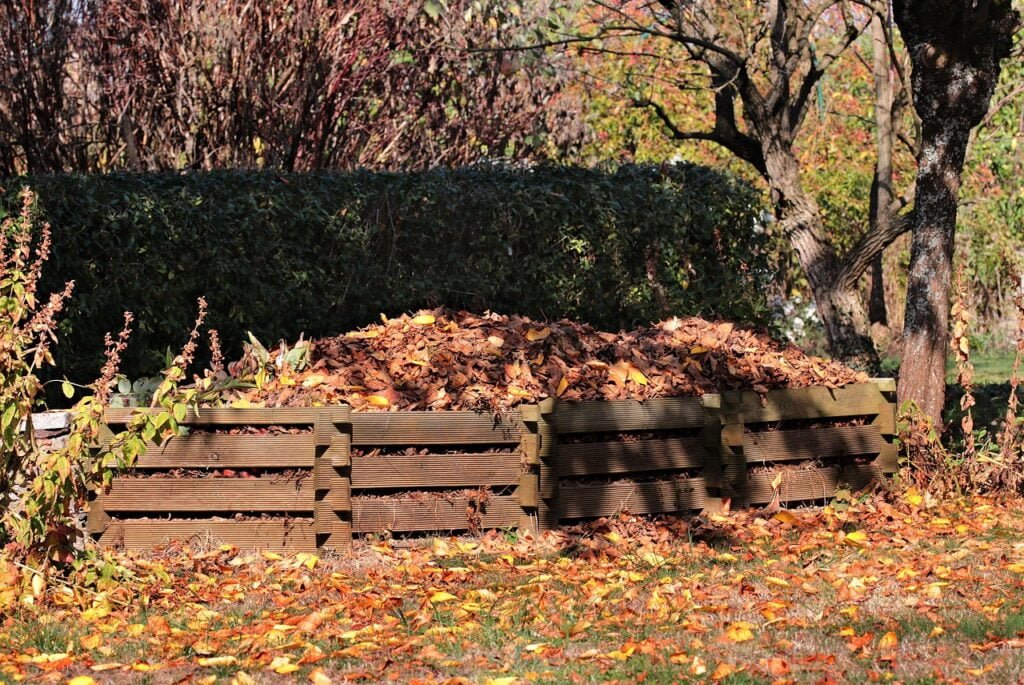
Summary of Contents
Introduction
Organic farming has been growing in popularity, but with that growth comes a lot of misconceptions. As someone who’s been practicing organic farming for over a decade, I’ve heard all kinds of organic farming myths, from it being inefficient to it being too expensive for small farmers. These myths often discourage people from giving organic farming a chance or lead to misunderstandings about what organic farming really involves.
In this article, I’ll take you through some of the most common myths surrounding organic farming and provide the facts, based on my experience and the reality of the industry. Whether you’re someone just curious about real foods or a farmer considering a switch, it’s important to clear up these misconceptions.
Let’s get into it—by the end of this, you’ll have a clearer picture of why organic farming isn’t just a trend but a sustainable and smart way forward for both farmers and consumers.
Myth: Organic Farming Yields Are Too Low
One of the biggest myths is that organic farming results in much lower yields compared to conventional farming. As a farmer who’s been in the field for years, I can tell you that while there may be an initial dip during the transition phase, this isn’t a long-term issue. In fact, organic farming can produce competitive yields, especially when farmers use the right practices for their soil and climate.
The Fact:
Yes, yields might be slightly lower in the first couple of years as the soil adjusts, but over time, organic practices like crop rotation, composting, and the use of bio-fertilizers improve soil health. In many cases, organic farms perform just as well, if not better, in terms of productivity. Real foods produced this way are often richer in nutrients too.
From my experience, using compost and green manure helped rejuvenate my soil, and over the years, I’ve seen my yields steadily rise without relying on chemical inputs.
Myth: Organic Farming Is Too Expensive for Farmers
Another common belief is that organic farming is too costly for small farmers because it requires special inputs or certifications. I’ve heard this concern from many farmers I know, but the truth is, it’s all about how you manage resources.
The Fact:
While certification costs can be a factor, organic farming doesn’t have to be expensive. In fact, it can often be cheaper because you eliminate the need to buy synthetic pesticides, fertilizers, and GMOs. The initial costs might seem high, especially if you’re going for certification, but in the long run, the reduced cost of inputs and the premium prices you get for organic produce balance it out.
I personally save a lot by making my own compost and using crop residues to enrich the soil. Plus, the government offers various organic farming schemes that can help cover certification costs, especially in places like Northeast India.
Myth: Organic Farming Can’t Feed the World
This is a big one. Many people think that organic farming is too slow or small-scale to be a solution for global food production. The argument usually goes that organic farming can’t produce enough food to feed the growing population.
The Fact:
The reality is, organic farming is part of the solution, especially in regions like Northeast India, where traditional, low-input farming methods are already in practice. When done correctly, organic farming can sustain local communities, improve soil fertility, and reduce dependence on external inputs. It’s about long-term sustainability rather than short-term gains.
In my experience, once my soil health improved, I noticed that my crops were not only higher in yield but also more resilient to pests and diseases—something that conventional farms struggle with despite their chemical use.
Myth: Organic Farming Is Just a Marketing Gimmick
Some people believe that “organic” is just a label used to sell products at a higher price without much difference in quality. As someone who grows organic produce, this myth is particularly frustrating because it undermines the hard work that goes into maintaining an organic farm.
The Fact:
Organic farming is about more than just avoiding chemicals. It’s about building soil health, maintaining ecosystems, and producing real foods that are healthier and more sustainable. Certified organic farmers must follow strict guidelines, including using non-GMO seeds, avoiding synthetic pesticides, and ensuring biodiversity on the farm.
The organic label isn’t just a sticker—it’s a promise to consumers that what they’re buying is produced in a way that respects both the environment and their health. In my case, adhering to organic principles means my farm’s soil is healthier year after year, and my crops are free from synthetic chemical residues.
Myth: Organic Farming Is Problem-Free
While I’m a big advocate of organic farming, I’d be lying if I said it’s without its challenges. Some people think that switching to organic farming solves all agricultural problems, but that’s not the case.
The Fact:
Organic farming comes with its own set of challenges. Pest control, for example, can be tricky without chemical pesticides, and organic certification can be a lengthy process. However, there are solutions to these problems, and with experience, you learn to manage them.
On my farm, I’ve dealt with pest issues by using natural predators and crop rotation. Yes, it takes more effort, but the long-term benefits—like healthier crops and a cleaner environment—make it worthwhile. Organic farming isn’t problem-free, but the problems are manageable, and the benefits far outweigh the drawbacks.
Myth: Organic Produce Is Always More Expensive
It’s a common perception that organic produce is always more expensive than conventionally grown food. While it’s true that organic products can cost more, it’s important to understand why.
The Fact:
Organic farming requires more labor and care, and since it doesn’t rely on synthetic chemicals, yields may be slightly lower, especially during the early years. However, organic food prices reflect the real cost of growing food sustainably, without depleting the environment.
In my own experience, my organic produce costs a bit more, but my customers understand that they’re paying for quality, nutrition, and sustainability. Plus, the health benefits of eating real foods that are free from pesticides and chemicals are worth the price.
Conclusion
As someone who has been farming organically for over a decade, I can say firsthand that the myths about organic farming are just that—myths. Yes, there are challenges, but the rewards far outweigh the downsides. From healthier soil and crops to better returns and a cleaner environment, organic farming is a sustainable choice for both farmers and consumers.

If you’ve been hesitant about organic farming, I hope this clears up some of the misconceptions. Whether you’re a farmer looking to make the switch or someone curious about real foods, it’s time to embrace organic farming for the many benefits it offers.
Feel free to explore more about organic farming on our website, where you’ll find helpful resources, tips, and stories from other farmers who’ve made the switch. Let’s work together for a healthier, more sustainable future!
FAQ Section
What are the facts about organic farming?
Organic farming promotes sustainable agriculture by avoiding synthetic chemicals, using natural fertilizers, and maintaining soil health. It produces real foods that are healthier for both consumers and the environment. While yields may be slightly lower initially, long-term soil improvement and biodiversity make it a sustainable farming method.
What is the main problem with organic farming?
The main problem with organic farming is pest management without synthetic chemicals. It requires more effort and knowledge, but solutions like crop rotation, natural predators, and organic pesticides can help mitigate these issues. Certification can also be a lengthy and costly process for small farmers.
Why do farmers avoid organic farming?
Farmers often avoid organic farming due to misconceptions about lower yields, higher costs, and the complexity of certification. However, with proper knowledge and support, organic farming can be financially rewarding and sustainable in the long run.
Are there any negatives to organic farming?
Yes, there are challenges like pest control, certification costs, and initial yield reductions. However, these can be managed with experience and proper techniques, and the long-term benefits—healthier soil, better crop resilience, and higher market prices—make it worthwhile.
Is organic farming really good?
Yes, organic farming is good for the environment, consumers, and farmers. It helps maintain soil health, reduces pollution, promotes biodiversity, and produces nutrient-rich real foods. Northeast India’s unique geographical location, diverse ecosystems, and rich cultural heritage make it an ideal region for organic farming.
